Russia agrees to extend Ukraine grain export deal for 60 days
The Russian government has agreed to extend a deal on exporting grain to Ukraine for a further 60 days following talks with the United Nations officials.
Sergey Vershinin, Russia’s deputy foreign minister, made the announcement after concluding the negotiations with top UN officials at the Palais des Nations headquarters in the Swiss city of Geneva on Monday.
The initial 120-day UN and Turkey-brokered Black Sea Grain Initiative (BSGI) was extended once in November and was due to expire on March 18, but the Kremlin had cast doubt on whether it would agree to a fresh extension, claiming that a second deal — between Moscow and the UN — on Russian exports was not being respected.
While the BSGI pertains to the export of Ukrainian grain, the second deal is intended to facilitate the export of Russian food and fertilizers, which are exempt from Western sanctions imposed on Moscow over its long-running military operation in Ukraine.
Vershinin said he wanted to see "tangible progress" on the parallel agreement on Russian exports before the BSGI deal comes up for renewal again.
"The Russian side ... does not object to another extension of the 'Black Sea Initiative' after its second term expiration on March 18, but only for 60 days," Vershinin said in a statement issued by the Russian mission in Geneva.
"Our further stance will be determined upon the tangible progress on normalization of our agricultural exports, not (in) words, but in deeds,” he said. "It includes bank payments, transport logistics, insurance, 'unfreezing' of financial activities and ammonia supplies via the Tolyatti-Odessa pipeline."
The grain export deal has helped ease the global food crisis sparked by Russia's military operation in Ukraine in February 2022. The military campaign saw Ukraine's Black Sea ports blocked by warships until a deal signed in July allowed for the safe passage of exports of critical grain supplies.
More than 24.1 million tonnes have been exported under the UN and Turkey-brokered Black Sea Grain Initiative, according to the United Nations.
Russia launched its military operation in Ukraine on February 24, 2022 to "de-Nazify" and “de-militarize” the country and over the threat of the former Soviet republic joining the US-led NATO. Kiev and its allies, however, say they were baseless pretexts for imperial ambitions.
Since the onset of the war, the United States and Ukraine's other allies have sent Kiev tens of billions of dollars worth of weapons, including rocket systems, drones, armored vehicles, tanks, and communication systems.
Western countries have also imposed a slew of economic sanctions on Moscow. The Kremlin has said the sanctions and the Western military assistance risk prolonging the war that recently completed one year.
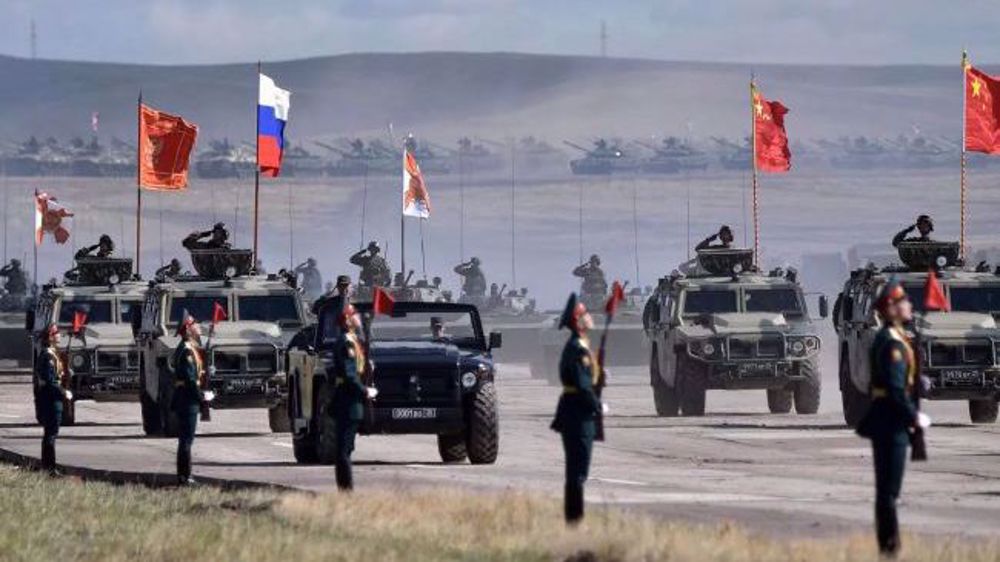
China warns Ukraine over 'irresponsible' claim of Chinese soldiers in war
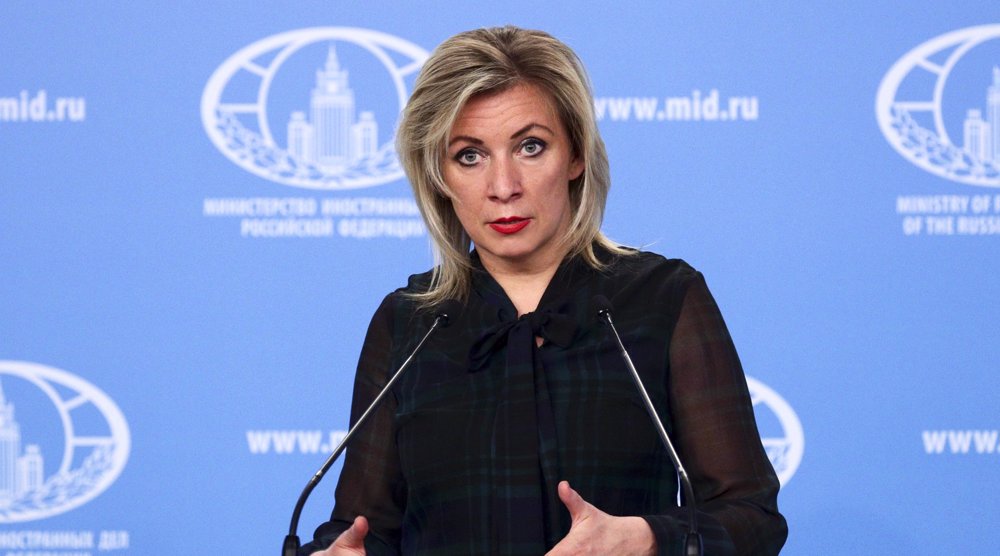
World growing tired of endless threats against Iran: Russia
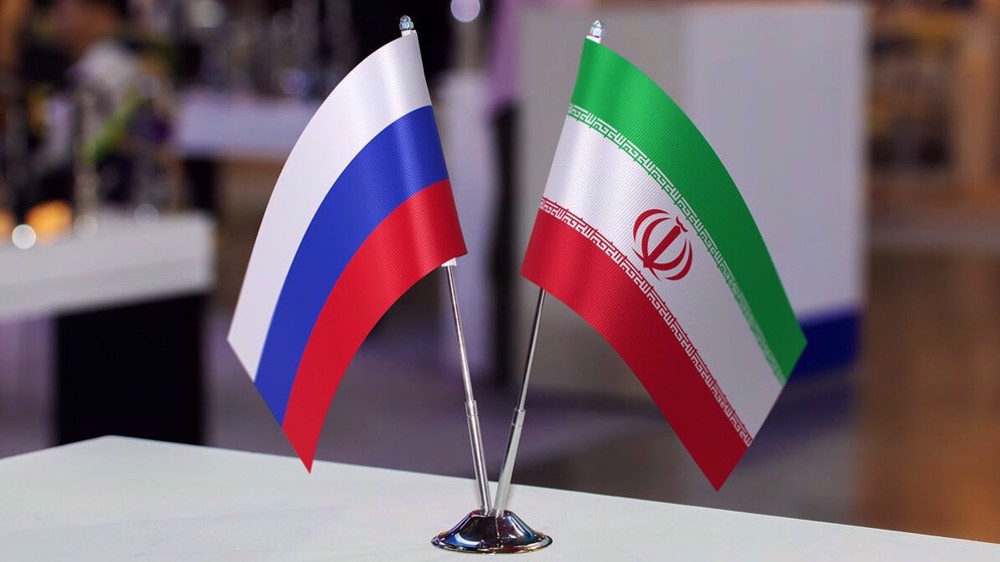
Russia’s State Duma approves 20-year strategic partnership treaty with Iran
China raises retaliatory tariffs on US goods to 125%
Reaching agreement ‘possible’ if US ends intimidation, threats: Iran’s deputy FM
‘Iran’s chemical warfare victims living proof of hollowness of West’s human rights claims’
China's oil imports from Iran surge despite US sanctions: Report
Official: Iran has surpassed West's 'arbitrary' redlines on nuclear tech
Mostly women, children killed as Israel expands Gaza onslaught
VIDEO | Press TV's news headlines
Trump policy protest erupts outside US Congress


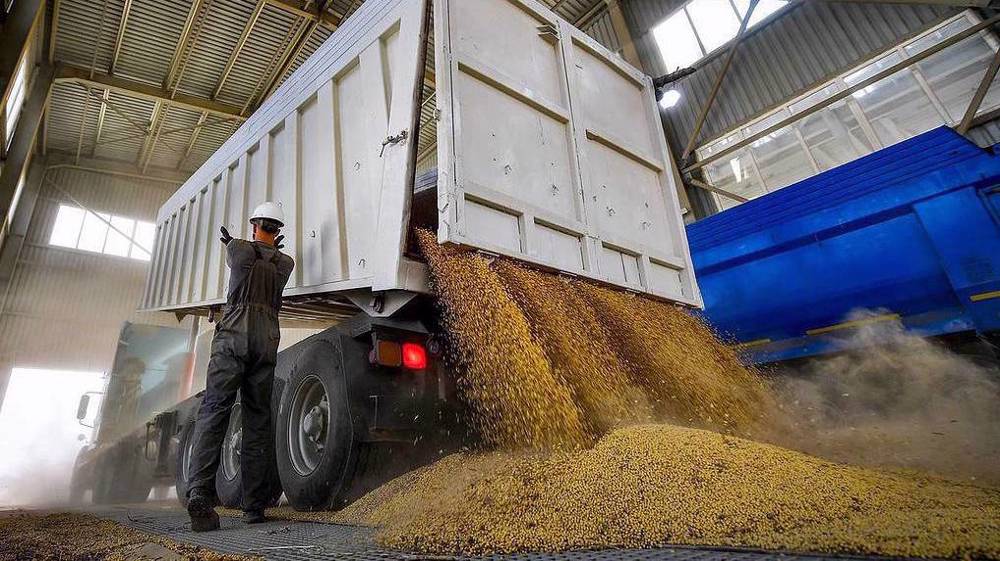
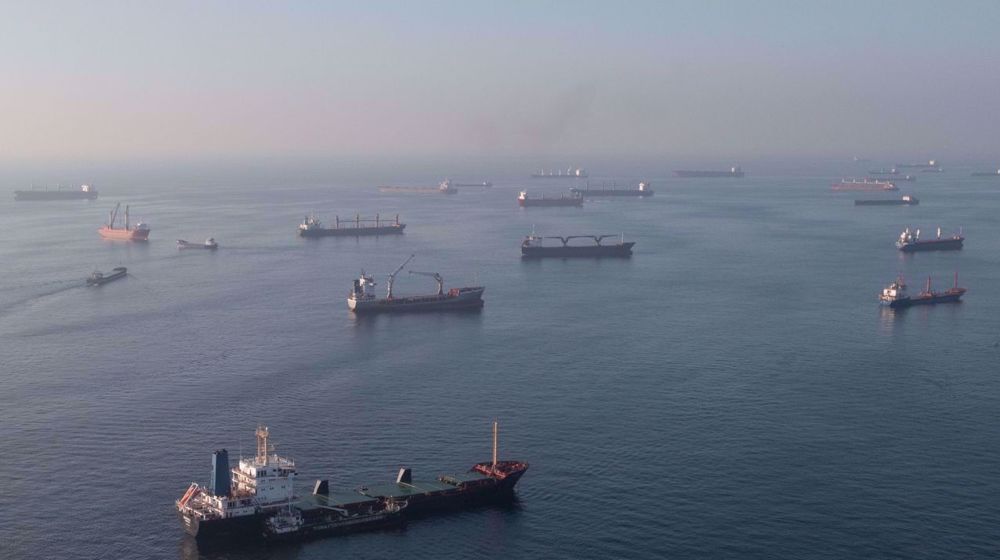




 This makes it easy to access the Press TV website
This makes it easy to access the Press TV website